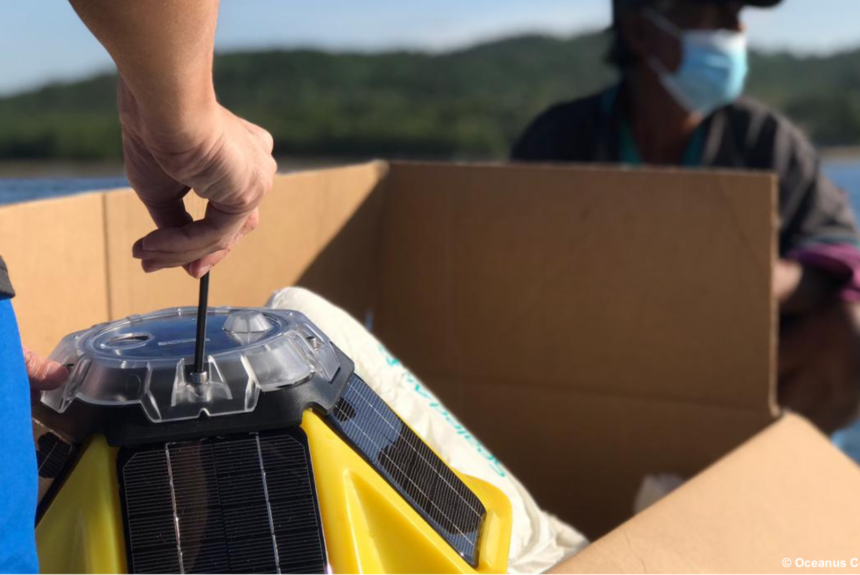What is the issue with coral reefs?
The Philippines is found within the Coral Triangle, the epicenter of marine biodiversity. Our country along with Indonesia, Malaysia, Papua New Guinea, Timor-Leste, and the Solomon Islands. The Philippines is home to over 500 species of stony corals. In addition, more than 2,000 marine species are associated with coral reefs! Given our abundance of these stony corals, they are not susceptible to climate change and consequently, the increasing temperature. This, in turn, affects global sea levels due to ice glaciers melting. Moreover, it affects wildlife and their habitats, and even extreme weather events such as wildfires and severe drought.
With this sense of urgency, a collective effort has been in the works in order to reduce the world’s global warming to 1.5C to avoid the detrimental effects of climate change. With this, The Philippines’ beloved marine biodiversity is at high risk. We need to gather more information about bleaching events that can greatly harm these corals and help us lobby for local protection and promote overall coral reef recovery. Coral reefs are home to more than 7,000 species of marine wildlife and biodiversity. It is one of the most important ecosystems in the world as it serves a huge role in providing a home for aquatic species, food, coastal protection, and more! As we protect coral reefs, we also protect fisheries in our community.
Our solution for coral reef recovery
To address this issue, we want to provide a coral reef monitoring project nationally to incorporate real-time temperature monitoring as a complementary data collection method to monitor the health of the coral reefs in the country.
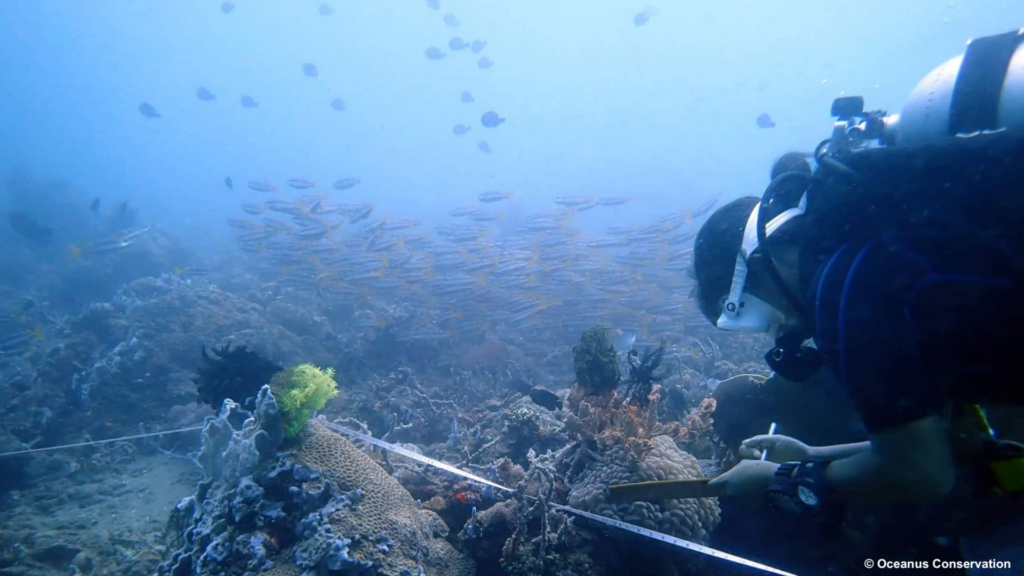
The project Oceanus Conservation implemented
We partnered with De La Salle University, the Local Government of Lian, and the Lian Fisherfolk Association (LFA) with the assistance of the De La Salle University Br. Alfred Shields FSC Ocean Research (SHORE) Center. The Project Smart buoy for Coral Reef health (SCORE) helps us understand sea temperature trends and correlate the data gathered with coral reef health such as bleaching and fluorescing events. Aside from its importance to coral reef health, the academe also correlated the data with their own project on box jellyfish occurrence in the area when temperature increases.
Our overall aim is to lobby for local protection to reduce local fishing pressure during the time of coral stress to pave the way for coral reef recovery.
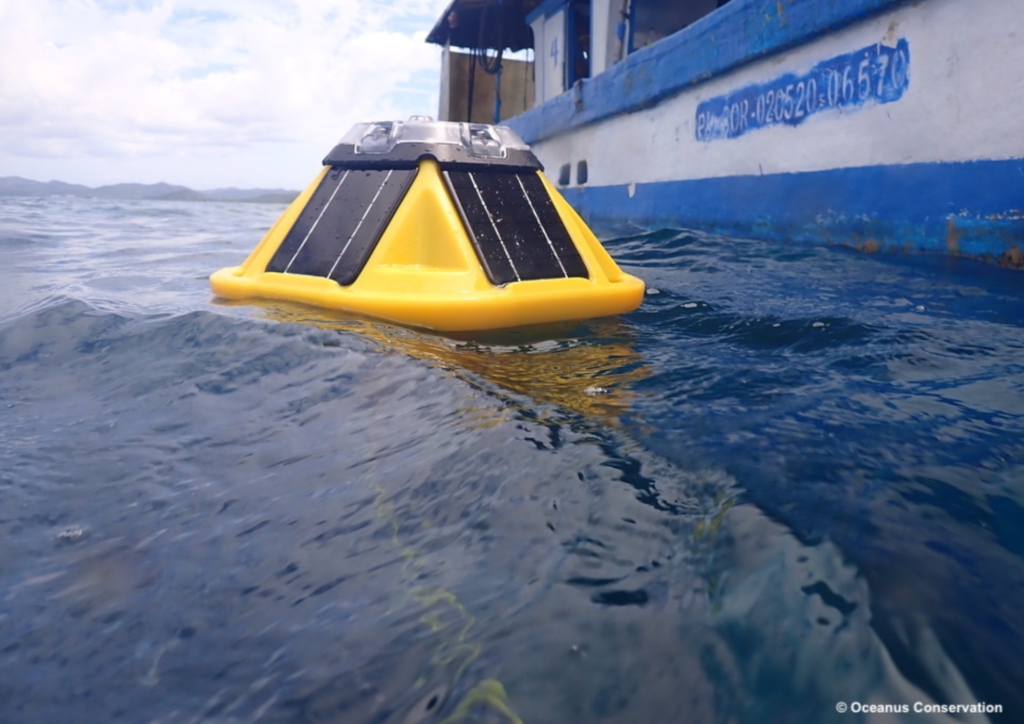
We want to understand the monthly average ocean temperature at two different depths at 1 meter and 10 meters below the surface in real-time to understand temperature trends. These smart sensor buoys gather these data every 30 minutes and let us see it in the hands of technology. Other data gathered are wind and waves.
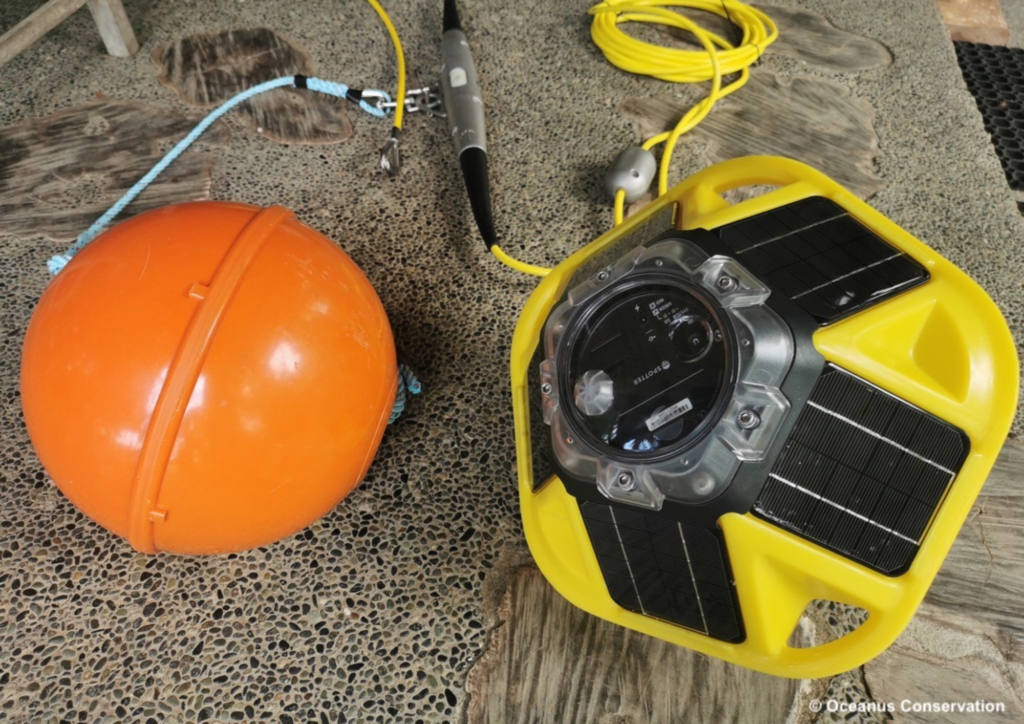
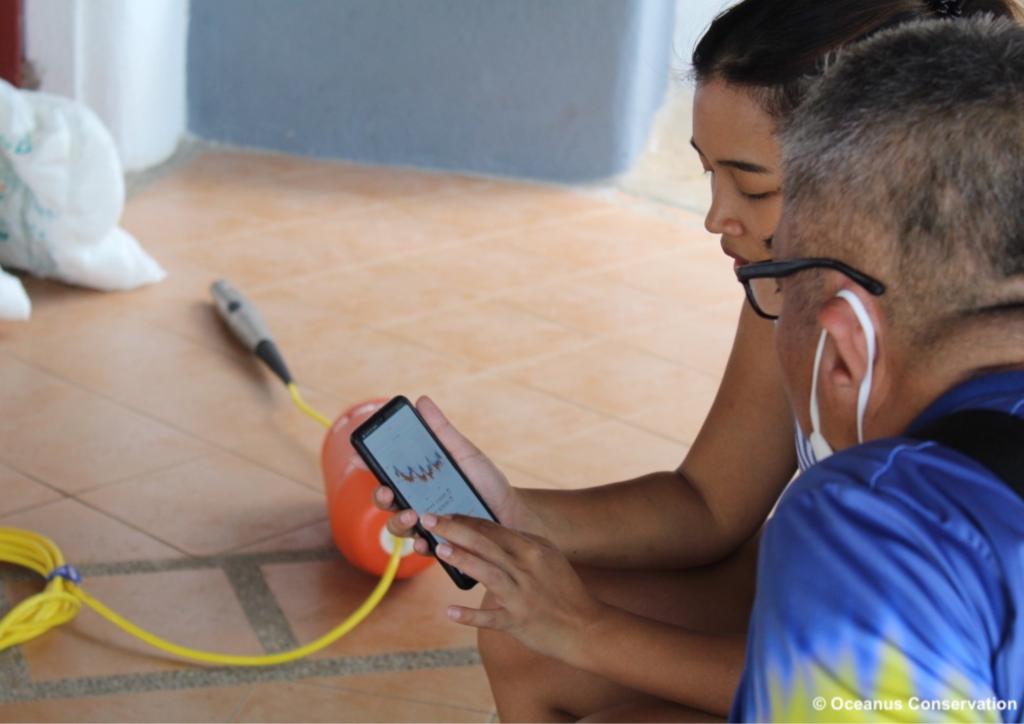
Results obtained from two sites
We deployed the first SMART buoy in the Philippines in Lian, Batangas (a). Since January 2021, we now have one year of data in Lian and recently deployed the second SMART buoy in Coron, Palawan (b) last February 2022.
Figure (a) One-year data of Lian, Batangas

Figure (b) Preliminary data in Coron, Palawan

Back in 2021, bleaching events were reported in Calatagan, Batangas by the Philippine Coral Bleaching Watch. The coral reef bleaching threshold is 31 degrees Celsius. Increasing sea surface temperature causes corals to fluoresce and turn white if temperatures do not go back to normal. Based on the results, the temperature at one meter reached 32 degrees Celsius. While at ten meters showed 31 degrees Celsius from late May to July 2021 (Figure a). This caused the corals in Lian to fluoresce and further led to bleaching during that time.
In Coron, Palawan, the results show that the temperature has reached 31 degrees Celsius at one meter, which is the coral reef bleaching threshold. In addition, at ten meters, it shows that the temperature reached 30 degrees Celsius. These results are observed from late February to July 2022 (Figure b).
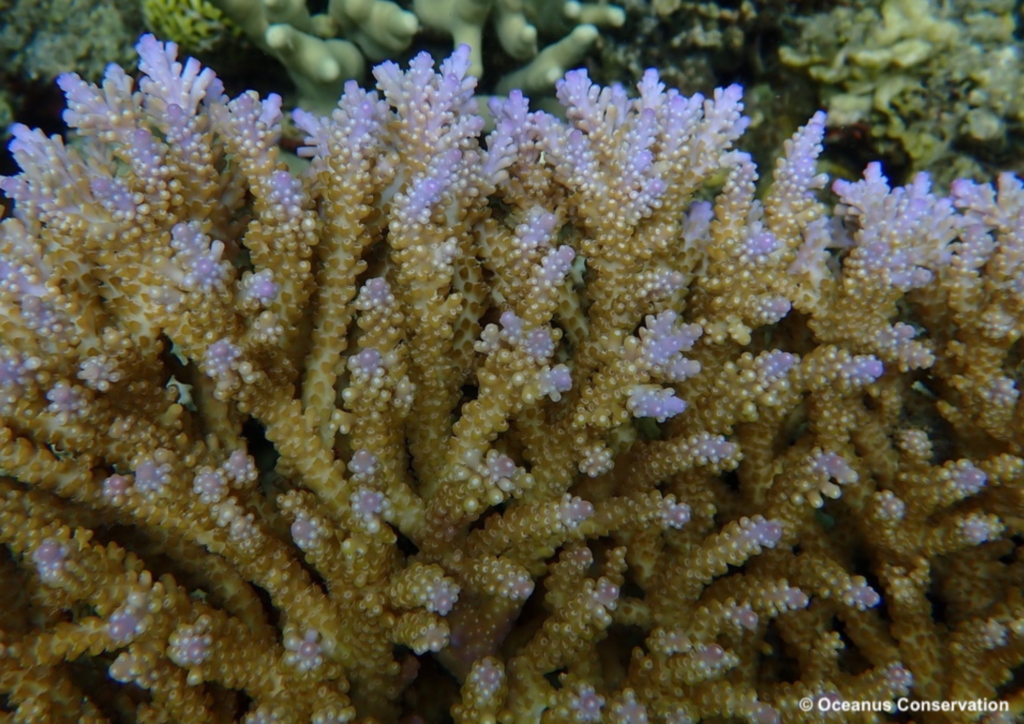
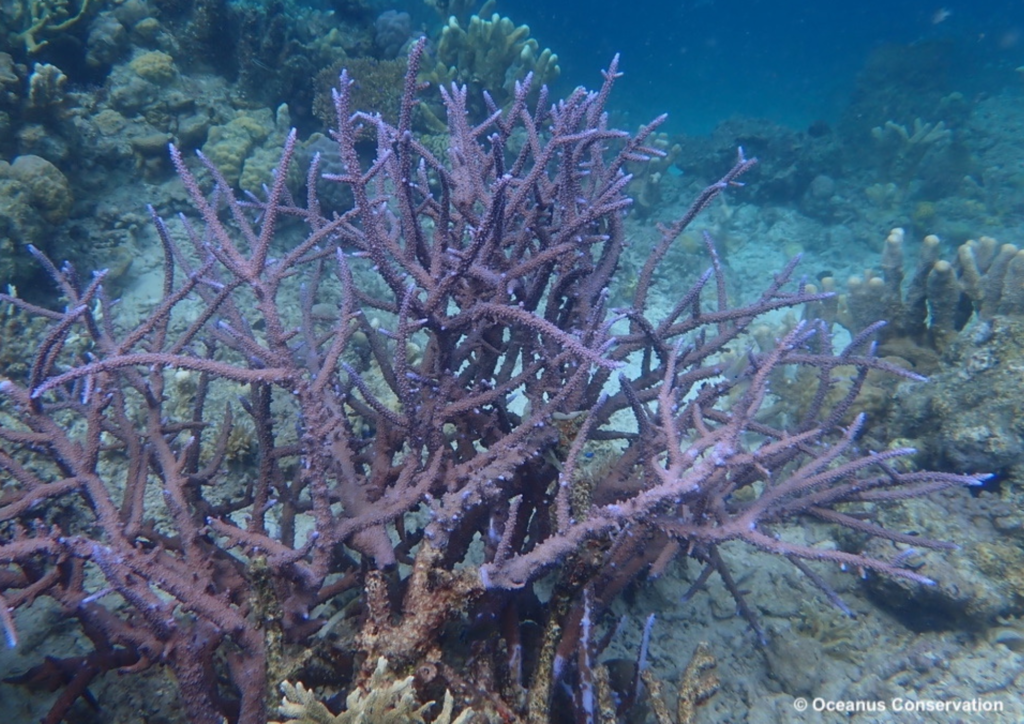
Together, let us save our reefs and advocate for local protection to reduce fishing pressure and precede coral reef recovery. This works collectively as we protect coral reefs, we also protect fisheries ultimately. Let us spread the word, read more about our work, and support Project SCORE here!
